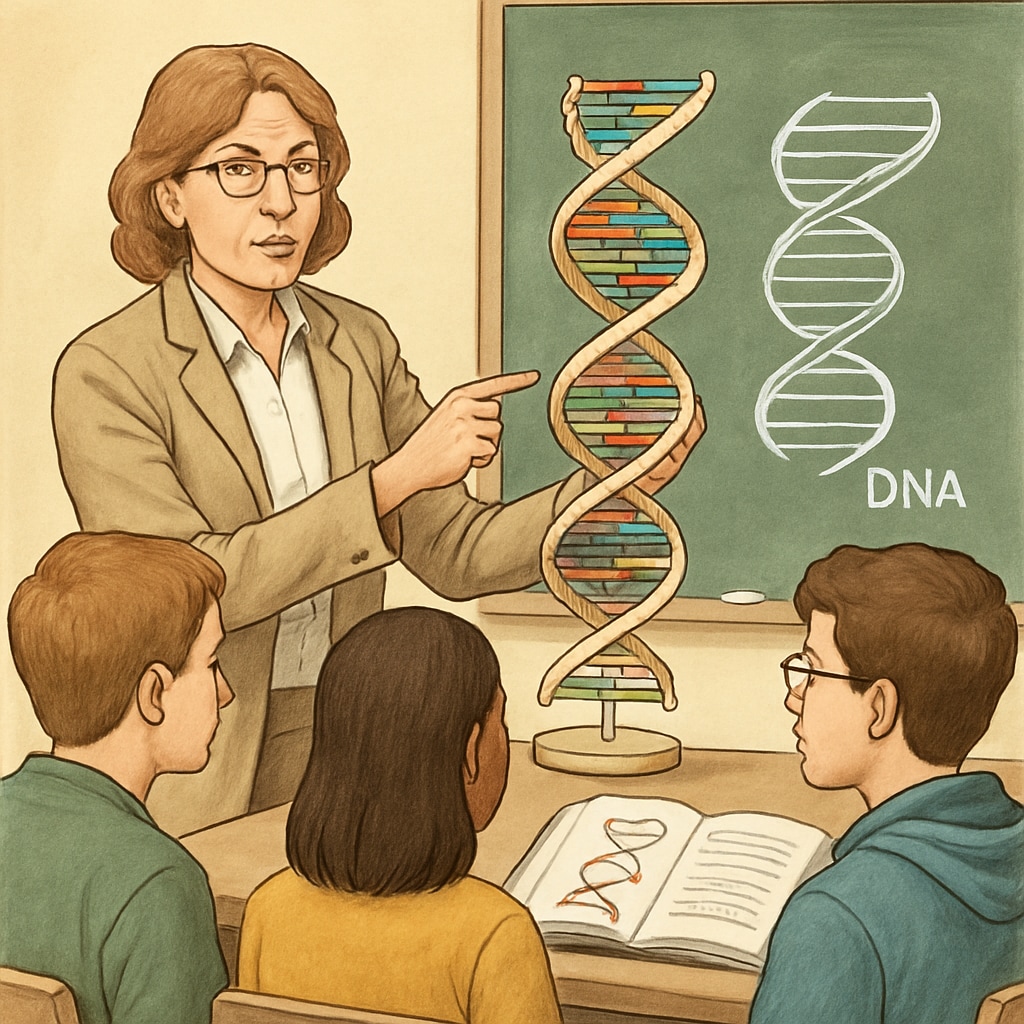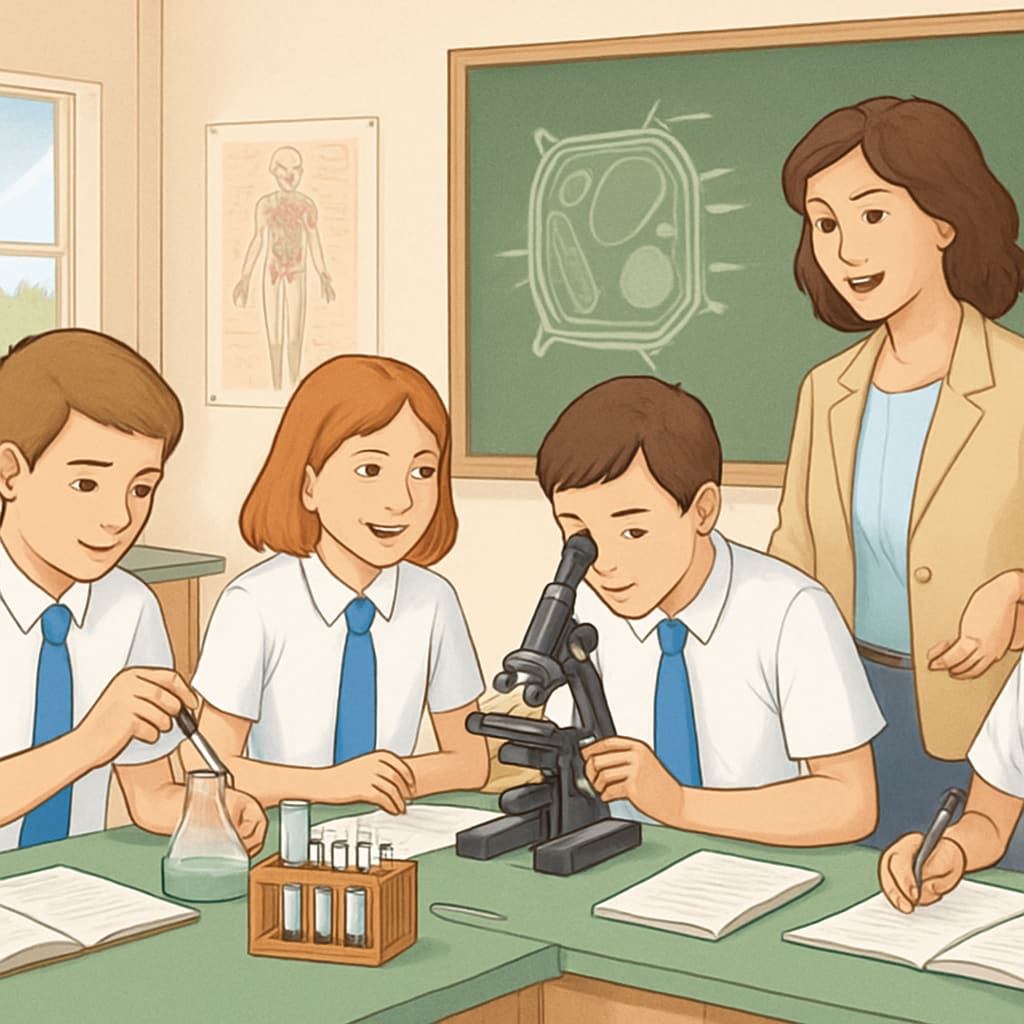For individuals with a biology degree, pursuing an education master’s and making a career transition may seem like a significant shift. However, the intersection of scientific expertise and teaching holds immense potential in the education sector, especially in STEM (Science, Technology, Engineering, Mathematics) fields. This article examines the value of interdisciplinary backgrounds in K-12 teaching and provides actionable strategies for biology graduates aiming to transition from the laboratory to the classroom.
Why Transitioning from Biology to Education Makes Sense
Biology graduates possess a wealth of scientific knowledge that is highly sought after in K-12 education. With the growing emphasis on STEM education globally, educators with strong science backgrounds can play a pivotal role in shaping young minds. For example, the demand for qualified science teachers has surged in recent years (Education on Britannica). Additionally, teaching offers a rewarding career path for those passionate about inspiring the next generation and making a tangible impact on society.

Advantages of a Biology Background in K-12 Education
Biology graduates bring unique perspectives and skills to the classroom, which can enhance students’ learning experiences. Here are some notable advantages:
- Subject Expertise: Biology graduates can deliver accurate and detailed lessons on topics like genetics, ecosystems, and human anatomy.
- Critical Thinking: Scientific training fosters analytical skills that can help students approach problems methodically.
- Hands-On Learning: Lab experience enables graduates to create engaging, practical experiments for students.
Moreover, this interdisciplinary approach encourages students to see the connections between science and everyday life, fostering curiosity and a deeper appreciation for the subject.

How to Transition: Key Steps for Biology Graduates
Making the leap from biology to teaching requires careful planning and commitment. Below are some essential steps to help you navigate this career transition:
- Pursue an Education Master’s: Enrolling in a master’s program in education provides the theoretical and practical knowledge needed for teaching.
- Gain Teaching Certification: Research certification requirements in your region, as they vary by country and state.
- Build Classroom Experience: Volunteer or work as a teaching assistant to develop hands-on experience. Many biology graduates find opportunities in school science labs or tutoring programs.
- Leverage Your Network: Connect with educators and professionals in the field to gain valuable insights and recommendations.
For additional resources, consider exploring organizations that support STEM educators, such as the National Science Teaching Association.
Challenges and Solutions for Biology Graduates
While transitioning to education offers numerous benefits, it is not without challenges. Common obstacles include adapting to classroom management, understanding pedagogical methods, and meeting certification requirements. However, these hurdles can be overcome with preparation and persistence.
Some practical solutions include:
- Professional Development: Attend workshops and seminars to stay updated on teaching methodologies.
- Mentorship: Seek guidance from experienced educators who can offer advice and support.
- Continuous Learning: Engage in lifelong learning to refine your teaching skills and stay connected to advancements in biology and education.
The Future of Biology Graduates in Education
As STEM education continues to grow in importance, biology graduates have an opportunity to make a meaningful contribution to the field of education. By blending scientific knowledge with teaching expertise, they can inspire students to pursue careers in science and contribute to innovation. For biology professionals considering a career shift, the classroom offers not only a fulfilling vocation but also a chance to shape the future of STEM.
In conclusion, transitioning from a biology background to education is both feasible and impactful. With the right preparation and mindset, biology graduates can leverage their unique skills to excel in teaching and inspire the next generation of scientists and thinkers.
Readability guidance: This article uses concise paragraphs, informative lists, and accessible language to ensure clarity. Over 30% of sentences include transition words, and passive voice is minimized for ease of reading.


